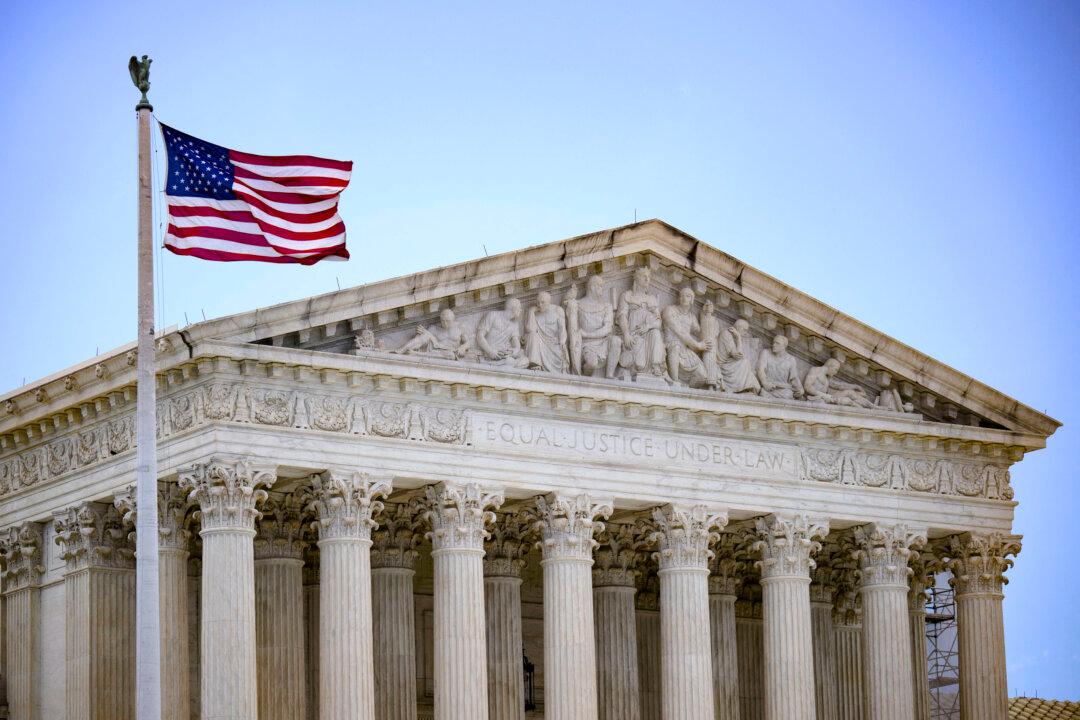The Supreme Court last week overturned an appeals court ruling that shielded Republican state legislators in North Dakota from having to comply with subpoenas in a voting rights lawsuit.
The new decision quashes a ruling by the U.S. Court of Appeals for the Eighth Circuit that put state lawmakers’ legislative privilege against being subpoenaed on an equal footing with that of federal lawmakers.





